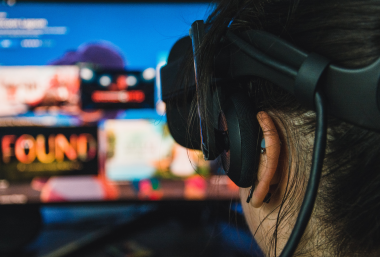As the virtual world continues to expand in size and popularity, more businesses are paying attention to this emerging sector. With the global virtual reality market estimated in the billions, there’s no denying that the investment to participate in the virtual world is occurring on a global scale and expected to grow.
Intellectual Property Offices around the world are not immune from this growth, and are increasingly receiving new applications containing terms relating to “virtual goods” and “non-fungible tokens” (NFTs).
This increase in new applications is most likely as a result of brands safeguarding their trade mark rights, as it is currently unclear how far existing protection for physical goods will stretch and whether existing rights will offer sufficient protection for digital goods. This appears to be a collective global struggle.
Response from Intellectual Property Offices around the world
However, recent guidance from the European Union Intellectual Property Office (EUIPO) in its 2023 draft Guidelines and the Korean IP Office (KIPO) helps set out a practical approach to the classification of these goods and services. This is that virtual goods per se lack clarity and precision, and must be specified, whether in Class 9 as goods or in relation to retail services. Acceptable examples would be ‘downloadable virtual goods, namely, digital art’ in Class 9 or ‘provision of an online marketplace for downloadable digital art images authenticated by non-fungible tokens [NFTs]’ in Class 35.
The Nice Classification's 12th edition will also be modified to further clarify and address this problem.
The Intellectual Property Office of New Zealand (IPONZ) has recently confirmed that it is “currently working through the implementation of guidelines, particularly in response to NFTs and other inconsistencies within this space. IPONZ classifications currently align with IP Australia. Together the offices are working toward a consistent AUS and NZ approach. IPONZ will be working towards drafting guidelines on the examination of NFTs.”.
We will provide further updates regarding IPONZ and IP Australia once these guidelines have been issued.












